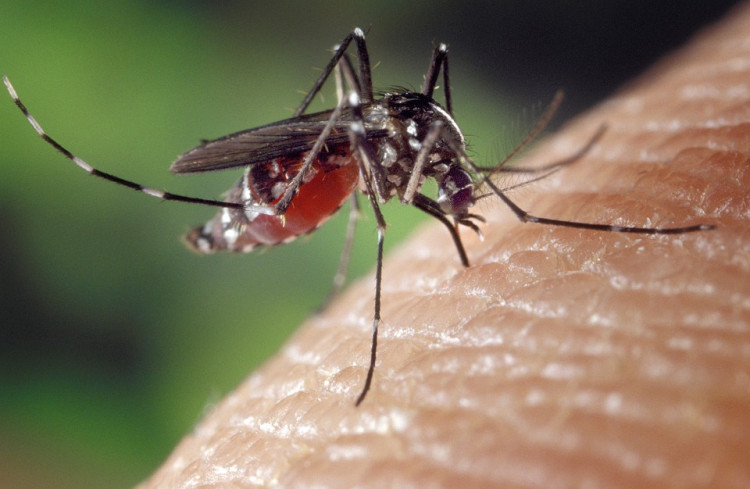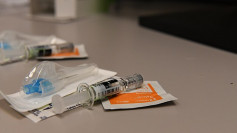The Centers for Disease Control and Prevention (CDC) has issued an urgent alert regarding the escalating risk of dengue virus infections, citing a "record-breaking number" of cases reported in the Americas. From January 1 to June 24, 2024, over 9.7 million dengue cases have been documented, more than double the 4.6 million cases recorded throughout 2023.
The CDC highlights that this year's global incidence of dengue is the highest on record. "Many countries are reporting higher-than-usual dengue case numbers," the agency noted. In the United States, Florida leads with 197 reported cases, followed by New York with 134, Massachusetts with 50, and California with 40.
Dengue virus, the "most common" mosquito-borne disease globally, poses significant health risks. The CDC classifies six U.S. territories and freely associated states as areas with frequent or continuous transmission, including Puerto Rico, American Samoa, the U.S. Virgin Islands, the Federated States of Micronesia, the Republic of Marshall Islands, and the Republic of Palau.
"One in every four dengue infections are symptomatic," the CDC reports. Symptoms include fever, nausea, vomiting, rash, muscle aches, joint pain, bone pain, pain behind the eyes, headache, and low white blood cell counts. Severe disease can develop in 1 in 20 people with symptomatic dengue, potentially causing severe bleeding, shock, respiratory distress, or end-organ impairment.
The CDC underscores that infants under one year, pregnant women, and adults over 65 are at an increased risk of severe dengue. Transmission peaks during warmer and wetter months in many tropical and subtropical regions, making these periods particularly perilous for outbreaks.
Currently, there is no specific medication to treat dengue. Infected individuals are advised to rest, take acetaminophen for pain and fever, stay hydrated, and seek medical advice.
In a broader context, the CDC's advisory on Tuesday alerted healthcare providers and the public about the heightened risk of dengue fever in the United States. So far this year, 2,241 cases have been reported in the U.S., with 1,498 of those in Puerto Rico. A public health emergency was declared in Puerto Rico in March due to the surge in cases surpassing historical figures.
Most cases reported in U.S. states are travel-related. The alarming global incidence of dengue, especially in Latin American countries, is attributed to increasingly hot temperatures which facilitate the hatching of virus-carrying mosquitoes.
Symptoms of dengue fever typically include fever, severe headaches, nausea, vomiting, rash, and body pain. While most patients recover within a week, severe cases can be life-threatening, leading to shock, internal bleeding, and even death. Individuals who have previously contracted dengue are more susceptible to severe symptoms upon reinfection. A person can contract dengue up to four times in their lifetime, once for each type of virus causing the disease.
The CDC's latest alert urges healthcare providers to maintain a high index of suspicion for dengue in patients with fever, particularly those who have recently traveled to areas with frequent transmission. Prompt reporting of dengue cases to public health authorities is crucial, along with promoting mosquito bite prevention measures.
To combat the surge, the CDC is enhancing and expanding laboratory testing to diagnose dengue more effectively and is increasing public education on disease prevention. Recommended prevention methods include staying in air-conditioned places, using insect repellent, and wearing long sleeves and pants to avoid mosquito bites.






